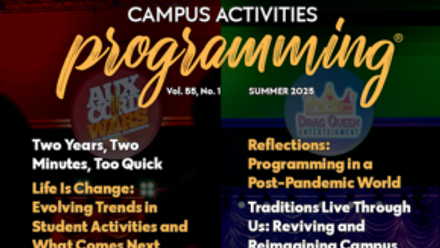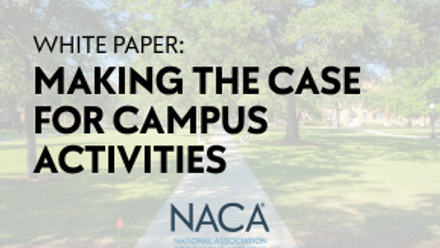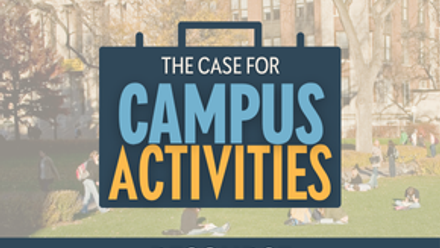Old Whine, New Bottles: Understanding Historical Context Can Inform Our Current Narrative - JCAPS Vol. 1 Issue 2
It was 1991 when I chose to attend East Carolina University. I was the first in my family to attend college and, quite frankly, many of my family members were suspicious of my choice. There was one interaction, in particular, that stuck with me for some time. I was discussing my college plans with my grandfather and he asked me if I “needed all that fancy book learnin’.” He had left school after the fifth grade to work during the Great Depression and built a coin-operated business; distributing pool tables, jukeboxes, and video games throughout Eastern North Carolina. My grandfather was not alone in his critique of college and its value. Many of my family members balked at my desire to attend college.
But I am glad I went. Not only did college introduce me to the value of a liberal arts education, and it also introduced me to the value of student activities. I was a highly involved student, including being president of my campus activities board. These opportunities helped me develop skills which I deploy in my career to this day. Many of the skills organizations like National Association of Campus Activities have valued for years in publications like their STEPS Guide were like a roadmap for life and student success. While stories like the one I share about my grandfather have been around for about as long as college itself, the critiques of college and the value of campus activities, in particular, seem to have elevated itself from a refrain from your grandfather to a common critique parroted by business leaders and senators. My current professional role puts me in a position to work with the private sector as an advocate for higher education. As a trustee for the Florida Chamber of Commerce, I often work with business leaders in matters of economic development and workforce readiness. And while the vast majority of people I interact with have their college degrees, their perceptions of the impact of higher education are not positive. They complain that graduates are not ready for the workplace and that too many college degrees are not worth the paper they are printed on.





